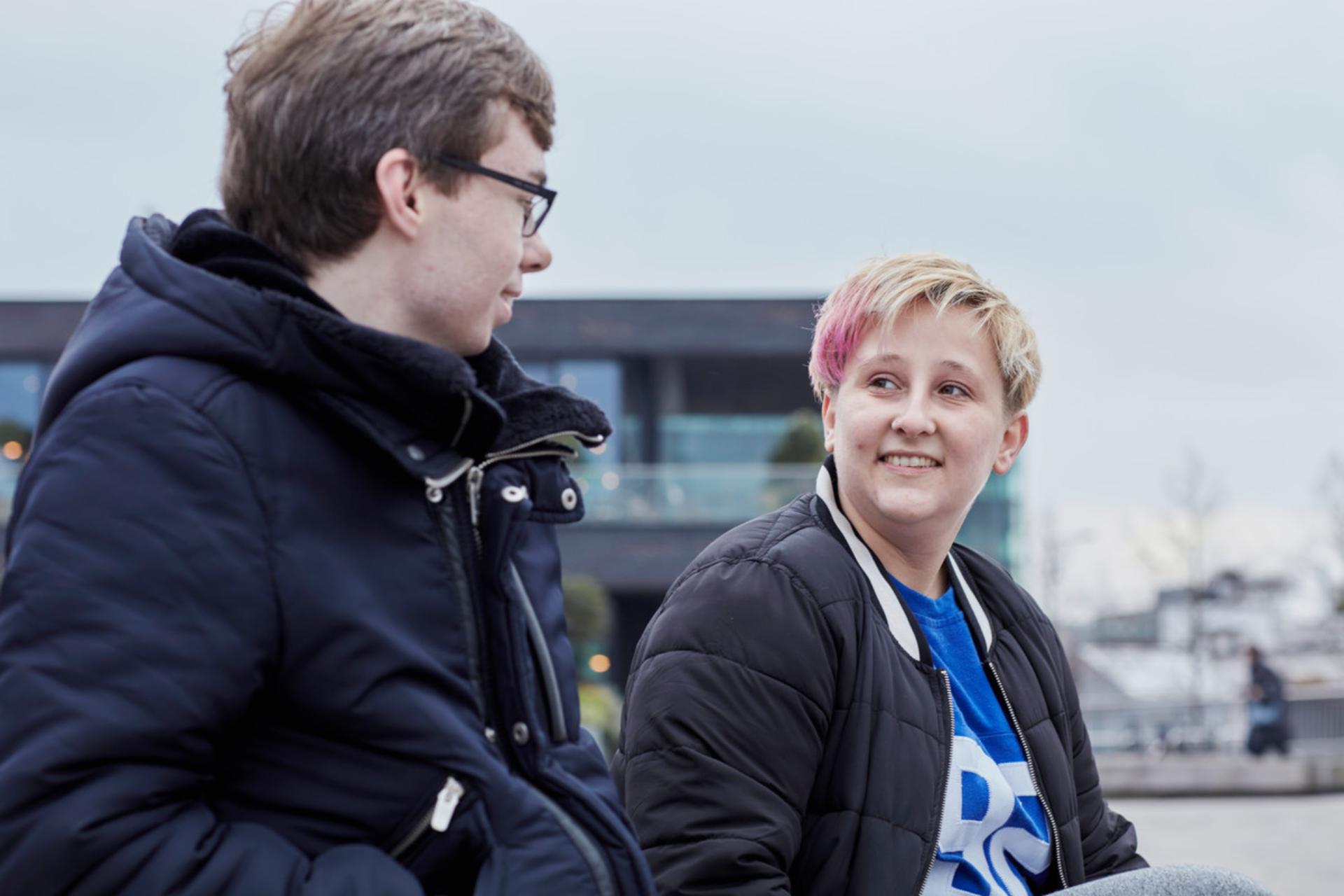In 1983, religious conservative groups, fearing the Irish Supreme Court might infer a right to abortion into the Constitutional right to privacy, managed to insert an amendment in the Irish Constitution. This amendment equates the right to life of a woman with the right to life of the “unborn”.
This amendment has caused untold damage to the health and well-being of women and girls in Ireland. It has also led to a succession of court cases and consistent condemnation from international human rights monitoring bodies.
The amendment was intended to prevent abortion. It hasn’t achieved this aim. Instead it has forced thousands of women and girls to seek abortion services in another countries. Since 1983, at least 150,000 women and girls from Ireland have made that journey. Many others have been unable to travel due to a lack of resources.
Almost immediately after its insertion, the amendment caused a legal battle over the right to receive information about abortion services in the UK. Newspapers carrying advertisements for UK abortion clinics were stopped at Dublin airport. Services providing abortion information were closed down. Legal challenges were brought to Irish courts, the European Court of Human Rights and the European Court of Justice.
Then in 1992, a 14 year old rape victim, known as X, was denied the right to travel to the UK for an abortion. This decision was overturned by the Supreme Court, which ruled that abortion is allowed if there is a real and substantial risk to a woman’s life including from a threat of suicide. Referenda on the right to receive information on and travel for abortion services in another country followed, both of which were passed with significant majorities. A third referendum to remove suicide risk as a ground for abortion, which was put to the people for a second time in 2002, was defeated.
Despite the Supreme Court’s ruling in the X case, no legislation was enacted to implement its judgment. The following years saw more court cases against the State by girls and women in extremely vulnerable situations who were denied access to abortion services. In the 1997 Miss C case, the High Court ruled that Miss C, a 13 year old rape victim, was entitled to an abortion in Ireland. In the 2007 Miss D case, the High Court ruled that a 17 year old girl in the care of the State with an anencephalic pregnancy, who was refused permission to travel to the UK for an abortion, had a right to travel.
Other women took their case to Europe. In 2010, in the case of A, B and C v Ireland, the European Court of Human Rights unanimously ruled that Ireland's failure to implement the existing constitutional right to abortion when a woman's life is at risk violated rights under the European Convention on Human Rights. All seventeen judges acknowledged that travelling for an abortion constituted a significant psychological, physical and financial burden. The Court was also clear that its door is open for another challenge to Irish abortion law, particularly in a case where a woman was unable to travel for abortion services.
Following this ruling, the Protection of Life During Pregnancy Act 2013 was enacted to regulate the existing right to abortion when a woman’s life is at risk. However the Act poses new legal barriers to accessing an abortion even in such situations, particularly for women with mental health problems.
The Act has also done nothing to diminish continued criticism from international human rights bodies. Only last July, the UN Human Rights Committee strongly criticised the discriminatory and harmful impact of Irish abortion law during its fourth periodic review of Ireland. Chair of the UN Human Rights Committee and former Special Rapporteur on Torture Nigel Rodley described women in Ireland raped and denied an abortion as being "treated as vessels and nothing more”, highlighting that “recognition of the primary right to life of the woman, an existent human being” has to prevail over prenatal life.
The amendment inserted into the Irish Constitution in 1983 has led to the enactment of bad laws and the violation of human rights. It stands in the way of women and girls exercising their considered and conscientious choices about their pregnancy. It also stands in the way of service providers like the Irish Family Planning Association by limiting what support we can give to women seeking abortion services.
But bad law can be changed. Irish opinion polls have consistently shown increased support for access to abortion. Only in September, a poll in the Sunday Independent newspaper showed that, of those who expressed an opinion, over 75% of people were in favour of holding a referendum to repeal the constitutional amendment on abortion.
Despite the wishes of its own people and the condemnation of almost every human rights institution, the Irish State has continued to defend this shambles - a shambles entirely of its own making.
Denise Ryan is Communications Officer of the Irish Family Planning Association www.ifpa.ie
when
country
Ireland
Subject
Abortion Care
Related Member Association
Irish Family Planning Association









